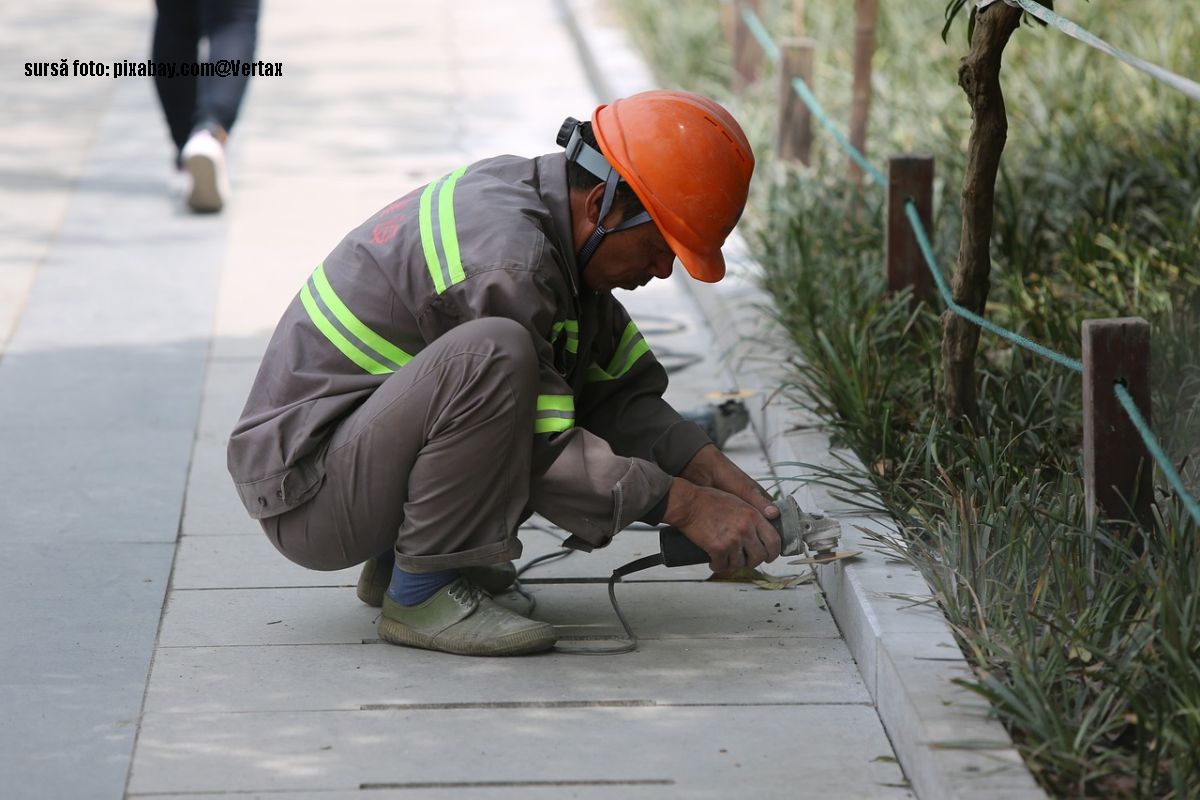Romanian Employees and Overtime
Occupational burnout, a syndrome that has been under scrutiny in Romania lately, is tightly connected with overtime or exhaustion during the normal working hours.

Ștefan Baciu, 28.02.2018, 14:17
Occupational burnout, a syndrome that has been under scrutiny in Romania lately, is tightly connected with overtime or exhaustion during the normal working hours. In Romania, the workweek has more hours than the EU average anyway. According to data made public by the European Working Conditions Survey in 2016, more than 35% of the Romanian employees work more than 40 hours per week, against a European average of only 23%. However, to some Romanian employees overtime and the payment of such additional working hours is a mirage. For some of them, it means more money added to a fairly good income, to others is a guarantee for decent living, which their modest salary is not able to ensure otherwise. To both categories, however, such extra time and effort spent at work leads to health and personal issues.
Dragos Iliescu, from the Psychology and Educational Sciences Faculty of the Bucharest University describes the effect of burnout: “Overtime is a stressor, that is an emotional and psychological stress factor. Like any other stressor that is active over a longer period of time, exposure to long-term stress unavoidably leads to diseases. Some of these diseases are mental, such as burnout, a syndrome that develops into depression. There are also irreversible health problems such as hypertension or myocardial infarction. “
In Romania, as provided by law, overtime can be requested by the employer or the employee can volunteer to do it within certain limits. Overtime must not exceed half the normal workload of the employee. Therefore, in addition to the regular 40 hours, a person can work 20 more. Overtime can be compensated with time off — hours or days — or money, the latter being a solution adopted by many companies in Romania. One such company is Daewoo Mangalia Heavy Industries, the company that administers the shipyard in Mangalia. According to the workers’ trade union, in 2016, the company employees did some 100 million hours overtime. Marin Florian, a former trade union leader, currently retired, recalls how people used to work from early in the morning till late in the evening, even on weekends. According to him, all workers who were willing and could do overtime, would do it.
Here is Marin Florian again: “There were situations in which some of the workers, who did not want to do overtime, did not do it. But they were not many, because they knew that overtime would bring more money to their salary. Overtime was paid double the normal pay for one day of work. People would do as much as 140 hours in addition to the regular 170 hours of work per month.”
It was preferable to employers not to raise salaries, but to ask for overtime and pay for it depending on the company’s needs. This alternative was more convenient to them, says Marin Florian: “They went that far so as to request employees to give up going on vacation and come to work. The employees received money in exchange for their relaxation time. Following our notification, the Labour Inspection Authority checked for compliance, but the Labour Code didn’t include tough provisions, other than a 3,000 lei fine, which is close to nothing for a big company with a turnover of over 2 billion lei.”
Obviously overtime has produced consequences throughout the years. Marin Florian: “58% of our company’s employees were suffering from various spinal cord conditions, hearing and vision problems and heart diseases. I admit that this situation even broke marriages, because the wife said she could no longer stay married to someone who spends his entire life on a building site, even though he was bringing money at home. There was also a different kind of problems. For instance, kindergarten children, younger than 4, were asked to define family and they only drew their mothers. When asked about their father, they said he spent his time at work and did not come home.”
The emergence of these negative effects has also been confirmed by a survey coordinated by Dragoş Iliescu and conducted under a partnership between the National Trade Union Bloc and the Friedrich Ebert Romania Foundation. Dragoş Iliescu has shared with us the conclusions of his research. “People working overtime run the risk of getting exhausted, which is a sign of burn-out. Actually, the risk of developing it is by 127% higher in the case of people working extra-hours. A person working overtime runs a risk by 109% higher of not having a satisfactory family life. Consequently, extra hours generate a major disruption between one’s personal and professional life and there are more broken families, divorces and domestic violence cases reported. Also, a 96% increase in addictive behaviour has been reported, such as abuse of cigarettes, alcohol and other substances”
Consequently, experts recommend that overtime should no longer be paid, but be replaced by a compensatory measure such as time off. Dragoş Iliescu: “The negative effects generated by extra hours, both at individual and organisational level, can’t be compensated by money or other financial bonuses. These negative effects can only be compensated with time off, either hours or days, depending on the case. Taking some time off is the only way in which negative effects produced by stress can be neutralised. The human body is flexible enough to repair itself in such cases. “
The Romanian Parliament is currently debating a legislative initiative which, based on the survey conducted by the National Trade Union Bloc and the Friedrich Ebert Foundation, provides, among other things, for higher fines for companies which impose illegal overtime on their employees.






























